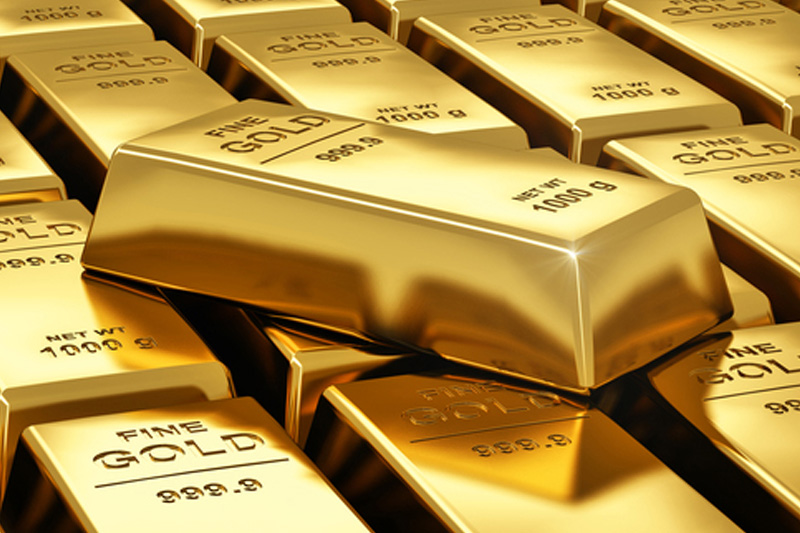By Barani Krishnan
Investing.com - Gold prices rose for a second straight day, edging toward $1,900 an ounce, as the safe haven crowd leveraged on uncertainty over the outcome of Tuesday’s U.S. election and an explosion of new Covid-19 cases.
Hedging ahead of Thursday’s Federal Reserve and Bank of England monthly policy meetings also fetched a bid for gold.
New York-traded gold for December delivery settled Monday’s session up $12.60, or 0.7%, at $1,892.50. It gained 0.6% on Friday despite closing October’s full trade down 0.7%.
Spot gold, which reflects real-time trades in bullion, rose $15.63, or 0.8%, to $1,894.64 by 2:40 PM ET (18:40 GMT).
“It's election week, but it's also Fed week and BoE week,” TD Securities said in a note. “Take a look at our cheatsheet for election night, in which we argue that gold markets are particularly looking for a Blue Wave scenario, while a contested election represents the largest risk to gold bugs.”
Democrat or “Blue” party candidate Joe Biden is attempting to wrest the U.S. presidency from Republican or “Red” party incumbent Donald Trump in the Nov. 3 election, with polls showing the challenger in the lead.
On the central banks front, the BoE and Fed are expected to keep rates unchanged in their monthly policy announcements Thursday.
An alarming worldwide outbreak of new coronavirus cases have also boosted since Friday. France and Germany have imposed new lockdowns while Britain will move toward similar restrictions later this week. In the United States, New York Mayor Bill de Blasio said he was keeping "a very close eye" on rising caseloads as the former Covid-19 hotspot reached "worrisome levels." The United States set another record for new infections on Friday, with almost 100,000 cases reported.
Gold was also supported by expectations that the winner of the U.S. election will attempt to undertake a new major Covid-19 stimulus for the economy.
Both Biden and Trump have promised to issue a fiscal relief plan as quickly as possible to help the United States deal with the effects of the pandemic.
Gold is a hedge against fiscal expansion and political uncertainty and typically rises in such circumstances.
Democrats, who control the House, reached agreement with the Trump administration in March to pass the Coronavirus Aid, Relief and Economic Security (CARES) stimulus, dispensing roughly $3 trillion as paycheck protection for workers, loans and grants for businesses and other personal aid for qualifying citizens and residents.
Since then, the two sides have been locked in a stalemate on a successive relief plan to CARES. The dispute has basically been over the size of the next stimulus as thousands of Americans, particularly those in the airlines sector, risked losing their jobs without further aid.
